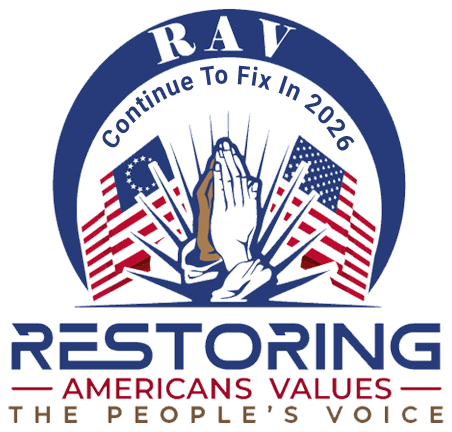I was thinking about the state of our union in 2024 and started to wonder what it would be like if it were changed to a nation founded by a Democratic-minded leader and funded by, let’s say, George Soros and supported by far left in the country. Notice I said a Democratic-minded leader, not a Republic-minded leader! Let’s see what ChatGPT has to say.

Broaden Your Horizon and Expand Your Imagination
The form of government a nation adopts plays a crucial role in shaping its political, social, and economic landscapes. Two prevalent governance models are the republic and democracy, each with distinct principles and implications. This article explores the differences between a nation founded as a republic and one founded as a democracy, shedding light on their historical contexts, philosophical underpinnings, and practical implications.
- Republics: A Foundation of Representative Governance
A republic is a form of government where representatives are elected to make decisions on behalf of the citizens. The concept traces its roots to ancient Rome, where the Roman Republic emerged as a response to the tyranny of monarchies. The fundamental principle of a republic is the delegation of authority to elected officials who act as stewards for the public interest. These representatives are accountable to the people and are expected to make decisions based on the common good.
Historical examples of republics include the Roman Republic, the United States, and Switzerland. The U.S. Constitution, crafted in 1787, is a landmark document that established the United States as a federal republic, outlining a system of checks and balances to prevent the concentration of power.
- Democracies: The Power of Direct Participation
In contrast, a democracy is a form of government where citizens directly participate in decision-making. The concept of democracy can be traced back to ancient Greece, particularly the city-state of Athens, where citizens engaged in direct debates and voting on issues. In a democracy, the will of the majority prevails, and citizens have the opportunity to voice their opinions through regular elections and referendums.
Modern examples of democratic nations include the United Kingdom, India, and Germany. In a pure democracy, citizens would have the power to directly enact laws and policies, but in practice, many modern democracies incorporate representative elements to manage the complexities of large populations.
III. Philosophical Underpinnings: Republics and Democratic Ideals
The philosophical foundations of republics often emphasize the importance of protecting individual rights and preventing the tyranny of the majority. Thinkers like John Locke and Montesquieu have influenced the development of republics by promoting the idea of limited government and the separation of powers.
On the other hand, democracy is often rooted in the principle of popular sovereignty, emphasizing the importance of individual participation in decision-making. Philosophers like Rousseau have argued for the inherent value of collective decision-making and direct citizen involvement in shaping governance.
- Practical Implications: Stability vs. Directness
One key distinction between republics and democracies lies in the practical implications of their governance models. Republics often prioritize stability and protecting minority rights, relying on elected representatives to make informed decisions. This can lead to a slower decision-making process, but it aims to prevent hasty actions driven solely by popular sentiment.
Democracies, in contrast, strive for directness and responsiveness to the will of the majority. While this can lead to more rapid policy changes, it also raises concerns about the potential for majority tyranny and the protection of minority rights.
Conclusion:
In conclusion, the choice between a republic and a democracy reflects a nation’s values, historical context, and the perceived balance between individual rights and collective decision-making. Both models have strengths and weaknesses, and many modern nations blend elements of both to create a nuanced system of governance. Understanding the foundations and implications of republics and democracies is essential for citizens and policymakers alike as they shape the character and trajectory of a nation.
My opinion statement:
Our current government leadership says that democracy is on the ballot, which is an outright lie. If anyone wants a democracy, it’s those who preach otherwise. They would love the instability of a democracy where the mob would take the rules, and when it gets unruly, a dictator takes over and rules. You see, a dictator can’t exist under a Republic unless they control all three branches of government. It would take a majority in all three branches of government that do not support the Constitution. Thus, in this country, it would take control of the white house, both chambers of Congress, and a stacked Supreme Court of justices who do not support the US Constitution, which does not exist today.
